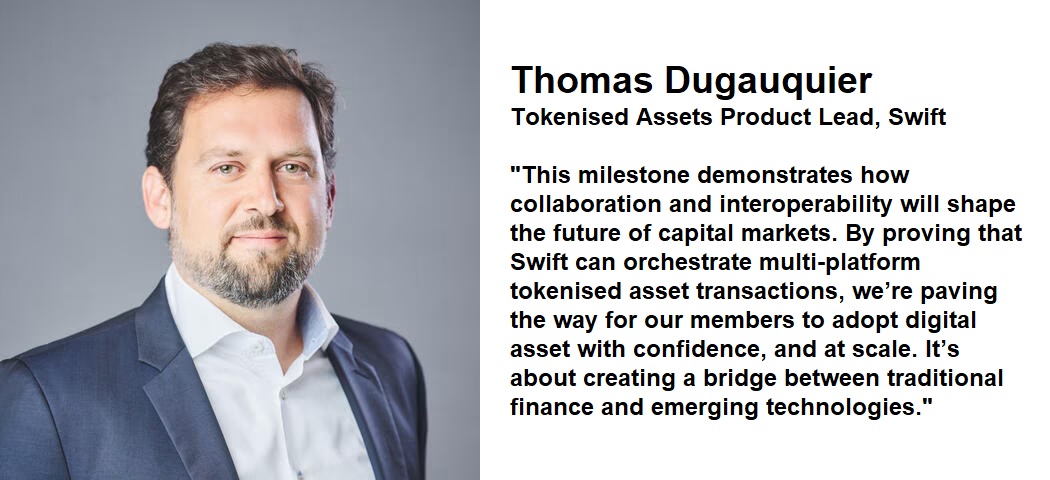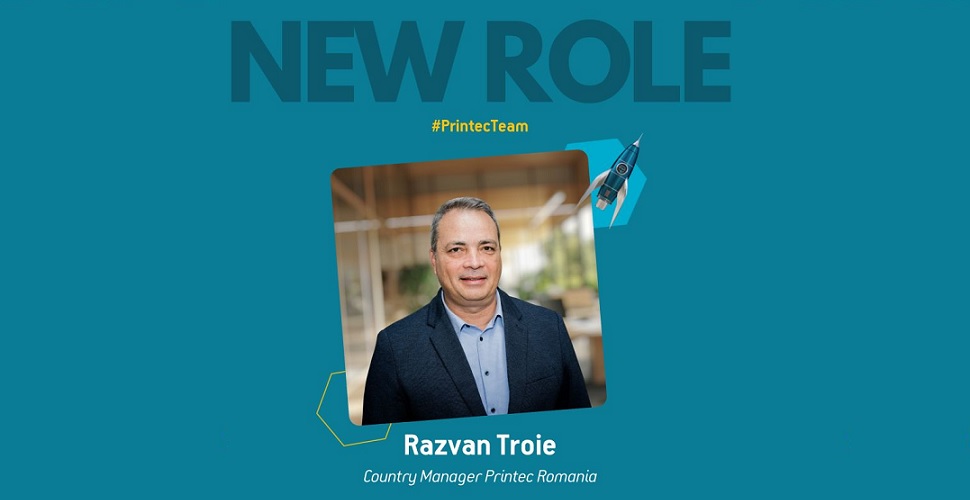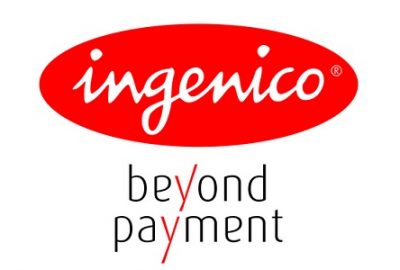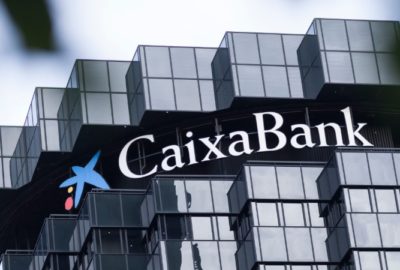JPMorgan makes quantum computing randomness breakthrough. „A pivotal moment that is opening doors to new possibilities and applications”
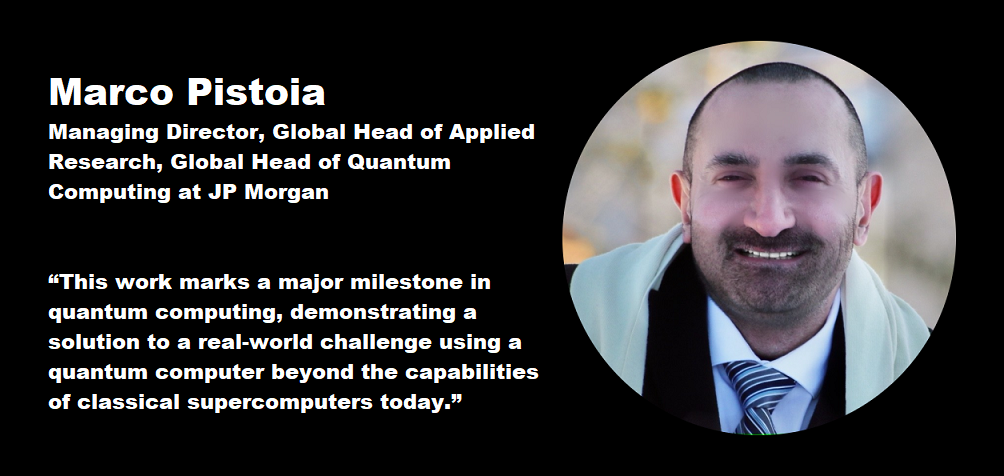
In a paper published in Nature, researchers say that by realising so-called ‘Certified Quantum Randomness’ they have paved the way for previously theoretic experiments to become meaningful, real-world uses for a quantum computer, Finextra reports.
In the financial services arena, it could prove useful for security, trading and other areas that benefit from complete randomness.
The bank’s team worked with researchers from Quantinuum, Argonne National Laboratory, Oak Ridge National Laboratory, and the University of Texas at Austin on the project, the first successful demonstration of a novel quantum computing protocol to generate Certified Randomness.
The protocol consisted of two steps. First, the team generated challenge random circuits and sent them to the untrusted remote quantum computer, which was then asked to return the corresponding samples. The response time was so quick that the challenge circuits could not be simulated classically in the same amount of time. This was tested against the best currently known techniques for simulating random circuits on the world’s most powerful supercomputers.
Second, the randomness was mathematically certified to be genuine using classical supercomputers. This demonstrated randomness could not be mimicked by classical methods.
Marco Pistoia, head, global technology applied research and distinguished engineer, JPMorgan Chase, explains in a linkedin post:
„We utilized our previous work on Random Circuit Sampling (RCS) to generate Certified Randomness, a crucial resource for applications in cryptography, fairness, and privacy — key requirements across various industries. Specifically, we performed a certified-randomness-expansion protocol based on RCS that outputs more randomness than it takes as input — a task unachievable by classical computation.
The study leveraged the 56-qubit Quantinuum System Model H2 trapped-ion quantum computer, which, thanks to its high-fidelity qubits, low error rates, all-to-all qubit connectivity, and relatively long qubit-coherence times demonstrated that a quantum computer can now showcase computational power beyond the most advanced classical supercomputers.
The protocol involved two steps:
1. We first generated challenge random circuits and sent them to Quantinuum’s potentially untrusted, remote quantum computer, which returned samples significantly faster than classical simulation could achieve. This was tested against the best currently-known techniques for simulating random circuits on the world’s most powerful supercomputers.
2. We mathematically certified the randomness using the most powerful classical supercomputers at full-machine utilization, owned by the U.S. Department of Energy (DOE) and hosted at the Oak Ridge, Argonne, and Lawrence Berkeley National Laboratories. Accessing H2 remotely over the internet, the team generated and certified 71,313 bits of entropy, proving the randomness couldn’t be mimicked by classical methods.
Certified quantum randomness is verified true randomness. This solution is significantly more secure than any form of classical randomness or pseudo-randomness, and because it is certified, this is now the first quantum randomness solution that does not require you to trust the quantum hardware provider that generated the random numbers for you.
This achievement marks a pivotal moment in quantum computing, opening doors to new possibilities and applications.„
Dariusz Mazurkiewicz – CEO at BLIK Polish Payment Standard
Banking 4.0 – „how was the experience for you”
„To be honest I think that Sinaia, your conference, is much better then Davos.”
Many more interesting quotes in the video below:

